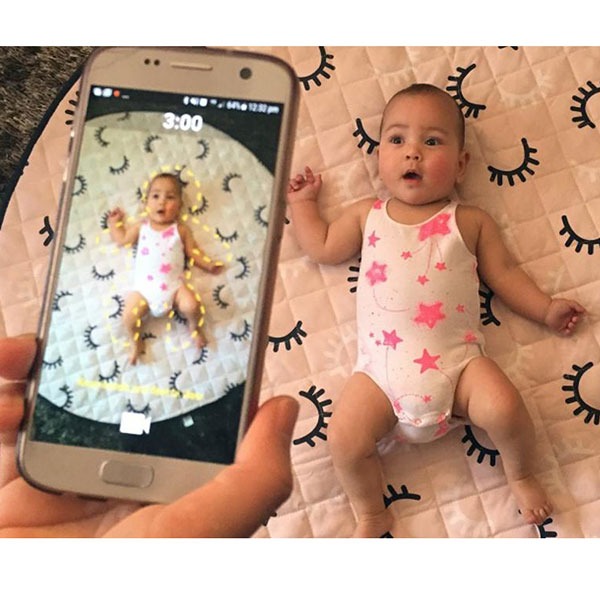New Smartphone app has the potential to speed up diagnosis of cerebral palsy. Called Baby Moves, the app allows parents to video their baby which will allow clinicians to identify potential symptoms of cerebral palsy remotely.
“There is strong evidence that early intervention, including occupational therapy and physiotherapy, can improve the trajectory for children with cerebral palsy by helping them to wire their brains to better move their bodies and perform activities,” Melbourne University associate professor, Alicia Spittle, who has led the development of the app, said. “However, the average age when a baby is diagnosed by observation is 19 months and interventions need to be started earlier.”
Dr Spittle is part of a team leading the world’s largest trial to investigate the effectiveness of early interventions for cerebral palsy with researchers in the process of recruiting around 200 infants across NSW, Victoria and Queensland. The app is currently being trialled across 250 premature babies which is a particularly high risk group for cerebral palsy. Around 40 per cent of babies diagnosed with cerebral palsy are premature.
A recent study found that child-initiated movement, task specific training and stimulating environments were all linked to interventions that showed moderate to large improvements in motor outcomes.
About one in 500 Australian babies are diagnosed with cerebral palsy with possible indications as:
- Low muscle tone (baby feels ‘floppy’ when picked up)
- Unable to hold up their head while lying on their stomach or in a supported sitting position
- Muscle spasms or feeling stiff
- Poor muscle control, reflexes and posture
- Delayed development (cannot sit up or independently roll over by six months)
- Difficulties with feeding or swallowing
- Preference to use one side of their body
Of the 34,000 people with cerebral palsy in Australia, a third cannot walk and a quarter cannot talk.
*This article was first published in Pursuit.

